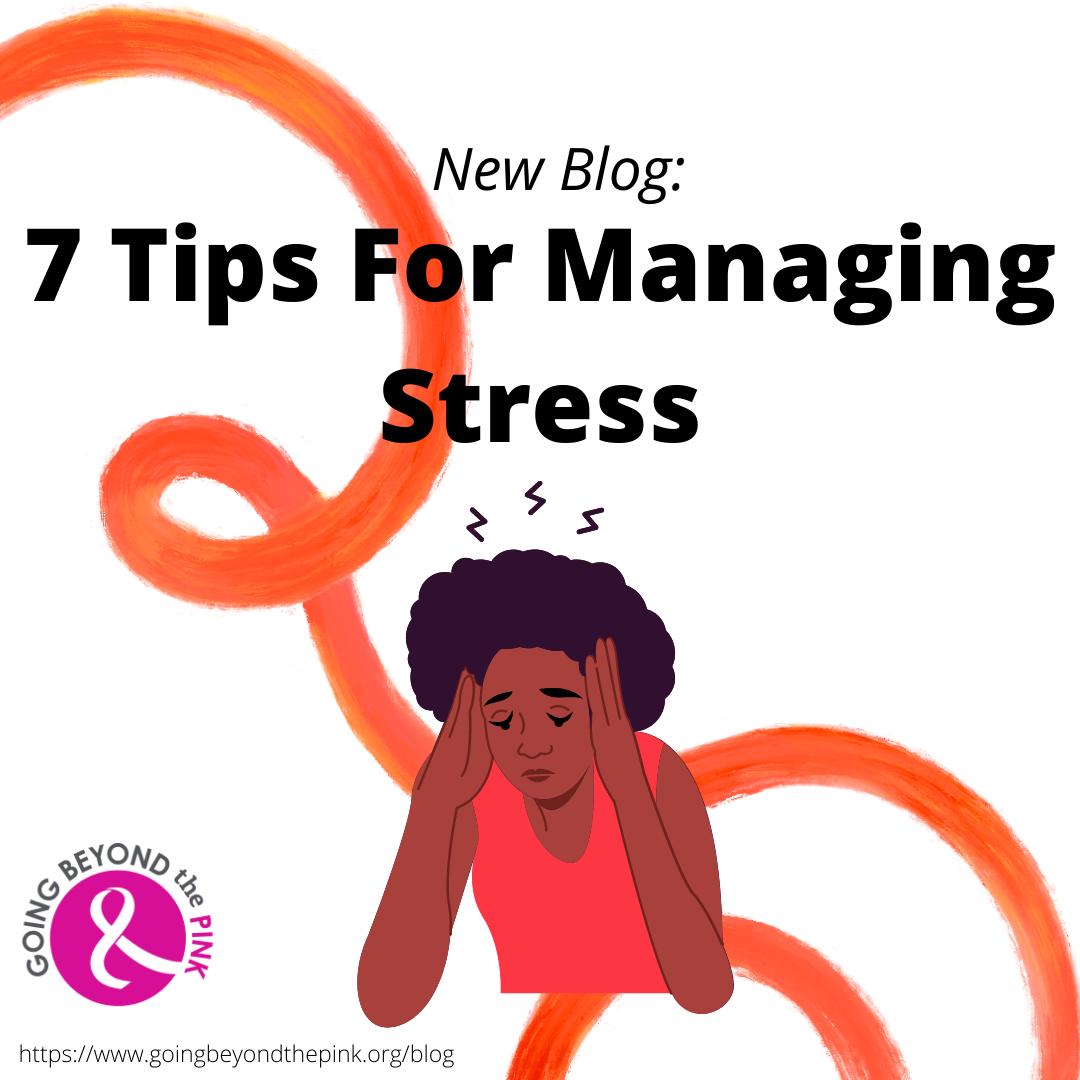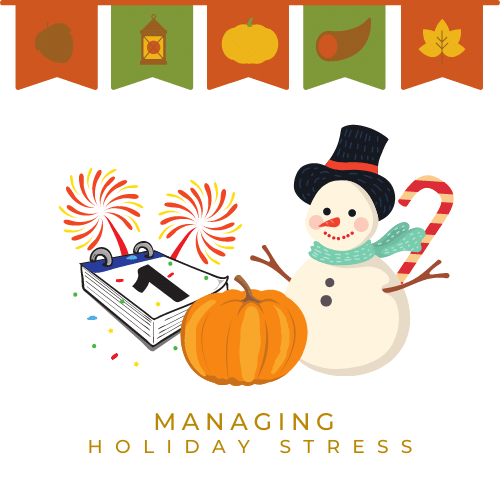Caregiving Resources
Caregiving can be absolutely rewarding and fulfilling, but all too often, it comes with the cost of failing personal health. This page helps caregivers give their best & still take good care of their own health.
It’s no secret that being a caregiver is an intimate and demanding task. Breast cancer isn’t experienced solely by the patient. The impacts ripple throughout their lives and the lives of those who love and care for them. The stress of caring for a loved one takes a toll on physical and mental health, leading to caregivers being at a higher risk for various health conditions, including depression and substance abuse. Caregiving is absolutely rewarding and fulfilling, but all too often, it comes with the cost of failing personal health.
So, when the demands of caring for a loved one, while fulfilling and done willingly, become harmful to the caregiver’s health, the most important thing caregivers can do is be willing to take responsibility for and prioritize their own self-care. Caregivers must make sure their own needs are met. That said, doing say is easier said than done.
The resources in this page are meant to help caregivers give their best and still take good care of their own health.
Caregiving is a labor of love, but it’s still a labor. It is only when we begin to help ourselves that we can effectively help others.
According to caregiver.org, there are a variety of common health and well-being issues that are routinely seen in caregivers. They include:
Sleep deprivation.
Poor eating habits.
Failure to exercise.
Failure to stay in bed when ill.
Postponement of or failure to make doctors appointments for themselves.
As a caregiver, when you are nearing the edge of burnout, here are some questions to consider asking yourself:
Do you think you are being selfish if you put your needs before the person you are caring for?
Are you fearful of thinking of your own needs?
Do you have trouble asking for help or asking for things you need?
Do you typically put other’s needs before your own?









Exercise is one of the best things you can do to stay healthy after being diagnosed with breast cancer. Research has shown that women who exercise before treatment have improved quality of life and fewer side effects.